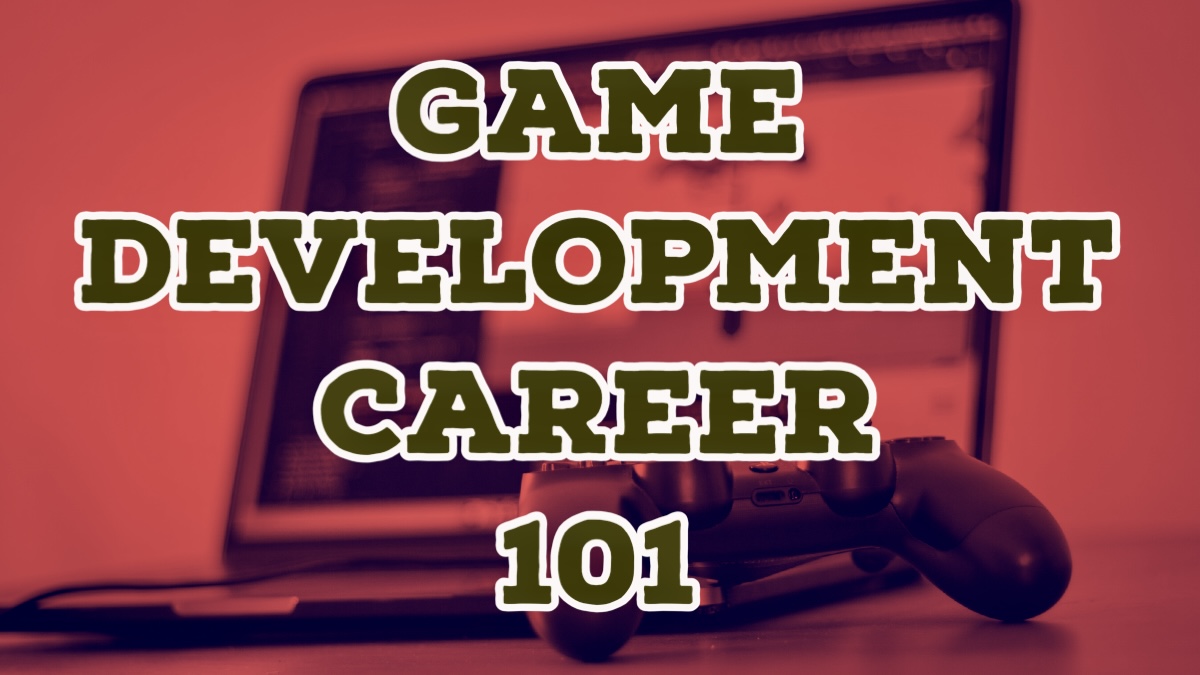
Game Development Career 2024: The Ultimate Beginners Guide
Oct 03, 2024 5 Min Read 4346 Views
(Last Updated)
The game development industry has undergone a remarkable evolution over the years, witnessing exhilarating changes with each passing moment. You have several exciting opportunities to build a remarkable game development career and fulfill your passion.
This comprehensive guide will offer valuable insights into the industry’s current state, explore emerging trends and cutting-edge technologies, highlight in-demand skills and qualifications, and shed light on potential career paths.
Whether you are a seasoned developer or embarking on the beginning of your journey, this blog post aims to equip you with the knowledge and guidance essential for pursuing a successful career in game development.
Table of contents
- Why choose a Game Development career?
- What do Game Developers do?
- Game Designer vs. Game Developer - What’s the Difference
- Skills Required For a Game Development Career
- 1) Strong programming skills
- 2) High creativity
- 3) Problem solving aptitude
- 4) Prototyping and testing
- 5) 2D/3D modeling
- 6) Communication skills
- Different roles concerning a Game Development career
- 1) Game Programmer
- 2) Game Designer
- 3) Audio Engineer
- 4) Game Publisher
- 5) Quality Assurance Tester
- Factors to consider if opting for Game Development career
- Impact of AI on Game Development industry
- Conclusion
- Frequently asked questions
- Which field do game developers usually belong to?
- What is the difference between online gaming and video gaming?
- Do game developers learn to code?
- Should I learn Python or C++ for game development?
- Is Java or Python needed for game development?
Why choose a Game Development career?
The gaming industry has undergone dramatic advancements, transforming into a fast-evolving powerhouse with a staggering 3.09 billion active gamers worldwide. And this number is only set to soar, with an anticipated 3.32 billion more joining the ranks by 2024. The future looks bright, especially for a game development career, as the US Bureau of Labour Statistics predicts an impressive annual growth of 22% for Software developers by 2031, encompassing Video Gaming Professionals as well.
Industry giants such as Google Stadia, Microsoft xCloud, and Apple Arcade are fueling this surge in demand, each making significant investments in cloud gaming technology. The result? Gamers can now stream high-quality games directly to their devices, eliminating the need for powerful hardware. Naturally, this shift towards cloud gaming has created a pressing need for skilled game developers who can craft immersive and captivating experiences tailor-made for these platforms.
To successfully navigate the challenges presented by this evolving landscape, game developers must possess the ability to think outside the box and push the boundaries of what’s possible. A profound understanding of the technical intricacies of gaming platforms is crucial, but equally important is the creativity to develop innovative solutions that can mesmerize and engage players on a whole new level. The opportunities are vast, and those with the vision and skill to seize them will undoubtedly thrive in this thrilling era of gaming.
What do Game Developers do?
A game developer is a skilled professional who transforms video game concepts into polished, finished products. Working collaboratively in teams, each member contributes specific expertise such as programming, graphic design, audio engineering, and game design to bring the project to life.
Game developers leverage software tools and programming languages, meticulously crafting game mechanics, designing captivating levels, developing intriguing characters, and embellishing the experience with immersive audio and visual effects.
But your role as a game developer doesn’t end with game creation. As a game developer, you will also be responsible for testing, identifying and fixing issues, and providing regular updates to enhance the gaming experience even after the game’s release. Ultimately, your primary game development career objective is to create engaging and enjoyable experiences that meet players’ expectations and keep them returning for more, beckoning them to delve deeper into the game’s mesmerizing world.
Game Designer vs. Game Developer – What’s the Difference
While the terms “game designer” and “game developer” may sound similar, they hold distinct roles for you considering a career in these fields.
Game designers are visionary architects who oversee the entire creative process from inception to completion. Collaborating with a team of experts, including graphic designers, programmers, artists, and animators, they bring their imaginative concepts to life. They are responsible for shaping the game’s structure, crafting its plot, and conceptualizing its core elements.
On the other hand, game developers are the wizards behind the scenes who make the magic happen. Working tirelessly, they ensure the intricate coding is precise and error-free, enabling the game to come alive on the screen. Their expertise in programming is instrumental in executing the game designer’s vision.
An essential part of the game designer’s job is crafting the game’s initial design and meticulously planning its flow, ensuring a seamless and captivating player experience. Remarkable and engaging video games are born through this harmonious collaboration between game designers and game developers.
Skills Required For a Game Development Career
A game development career appears to be an attractive choice with so much going on in the gaming industry. So, what skills do you need to be a top-notch video game developer? Let’s check them out.
1) Strong programming skills
Game developers have to be proficient in at least one programming language. C# is the most common language for platform games, similar to Java. Additionally, a good understanding of Python and Lua is required.
2) High creativity
Creativity is essential in a game development career, driving innovation and uniqueness in game design. It allows developers to craft engaging gameplay, intriguing storylines, and visually captivating worlds that leave a lasting impression on players.
Games could become repetitive and unremarkable without creativity, failing to capture the players’ interest and excitement.
3) Problem solving aptitude
All programming positions necessitate a high level of problem-solving skills. As a game developer, you must be able to think objectively and break down issues into smaller parts to improve separately.
You should be able to predict and solve problems users might face when playing a game.
4) Prototyping and testing
As a game developer, you should be able to create low-fidelity and high-fidelity samples of gameplay concepts and features.
You should also be able to write test cases and plans and perform game tests effectively.
5) 2D/3D modeling
A game developer has to be responsible for managing game assets and iterating current asset models.
You must model 2D/3D assets using Unity, Maya, and Blender software. So that becomes another exciting aspect for a promising game development career.
6) Communication skills
In addition to technical expertise, communication skills are equally crucial for game developers.
Effectively conveying your vision, ideas, and opinions to other team members is essential for successful collaboration and project execution.
Different roles concerning a Game Development career
The gaming industry offers a plethora of thrilling career opportunities. Let’s explore some of the most enticing roles available to you as a game developer.
1) Game Programmer
Game programmers are software developers who transform game designers’ ideas into reality through computer coding. Their responsibilities encompass creating unit tests, validation procedures, and technical recording requirements.
Game programmers serve as a vital interface between game producers, designers, artists, sound designers, and quality assurance testers.
Salary
Average Base Pay: ₹ 4.2 LPA
Knowledge Required
Good Knowledge of software programming languages for game development (C+, Objective C, JavaScript, and so on), as well as game engine expertise (Unreal, Unity).
2) Game Designer
Game Designer is another job role concerning a game development career. They are the game architects, and their part involves designing and defining all of the game’s elements, including the setting, rules, atmosphere, story flow, stages, characters, vehicles, and weapons, among others.
They create the overall game model, which programmers, animators, developers, and audio engineers then implement.
Salary
Average Base Pay: ₹ 6 LPA
Knowledge Required
A strong understanding of programming languages, 3D modeling systems, and animation software.
3) Audio Engineer
Audio engineers use soundtracks, sound effects like gunshots or a car’s vroom, and ambient sounds like traffic, crowd noise, and birds chirping to add realism to the in-game environment.
They mix complex sound effects with ambient sounds and background music to add life to the game’s environment, encapsulating the game’s essence in the audio they create.
Salary
Average Base Pay: ₹ 3.4 LPA
Knowledge Required
Well-versed in sound applications (Logic Pro, Pro Tools, Sound Forge, Cool Edit Pro, and so on) and game engines (Unreal, Unity).
4) Game Publisher
Game publishers publish and distribute games. They have the advantage of releasing and distributing your product as widely as possible, from physical discs on store shelves to digital distribution.
The publisher often funds the game’s production and pays the developers. Other duties include printing a game guide and designing the game’s box.
Salary
20% – 40% of gross revenue from the game developers they collaborate with.
Knowledge Required
A good understanding of the gaming industry, the rights and licensing of games, and budget handling.
5) Quality Assurance Tester
Quality Assurance Testers are professionals who examine video games for glitches and bugs at various stages. They collaborate with game designers and programmers to ensure that a game runs smoothly before it is released to the public.
Salary
Average Base Pay: ₹ 2.98 LPA
Knowledge Required
Testers must be keen observers with solid analytical and logical reasoning skills. They must be concentrated and have a good eye for detail to find all errors in the game they are working on.
Factors to consider if opting for Game Development career
Game development is an exciting and satisfying career direction, but it is also a very competitive one.
Most experts believe that you can opt for this industry if you have the enthusiasm and passion for succeeding in gaming.
Ensure you gather the relevant skills needed for game development, such as strong programming skills, knowledge of game engines, 3D modeling software, etc.
You also need to consider funding and game publishers involved if you plan to create a game without associating with any partners.
Hence, before joining, ensure you’re up for a challenge and have given yourself a good reality check!
Impact of AI on Game Development industry
The impact of artificial intelligence on the game development industry has been phenomenal. AI has transformed how games are created, played, and experienced, offering game developers exciting new possibilities:
- Smarter Game Characters: AI creates more realistic and adaptive in-game characters, making gameplay dynamic and challenging.
- Enhanced Content Generation: AI tools generate landscapes, levels, and narrative elements, saving time and expanding gaming realms.
- Personalized Gameplay: AI analyzes player behavior to offer personalized challenges, quests, and rewards, enhancing the gaming journey.
- AI-Powered Testing and Bug Fixing: AI-driven testing tools improve game quality, reduce post-release issues, and optimize performance.
AI’s profound impact presents you with opportunities as a game developer you can seize by embracing AI technologies and updating your skill set accordingly.
Conclusion
A game development career is a bright, exhilarating option for you in the successively expanding video game industry. As the demand for skilled developers continues to soar alongside industry growth, acquiring technical expertise and staying updated with emerging technologies can lead you to a fulfilling and financially rewarding journey in this field.
Integrating AI tools also opens doors for enhanced efficiency and gameplay experiences, making game development a dynamic and ever-evolving choice. If you are considering a career in game development, why not embark on your journey with a free PyGame course? It provides a beginner-friendly experience and could be your ideal starting point in this captivating realm.
Frequently asked questions
Which field do game developers usually belong to?
Game development and publishing firms typically look for candidates with a bachelor’s degree in computer science or a related field. Some universities now offer specialized degrees or minors in game design and interactive entertainment tailored to the video game industry’s demands.
What is the difference between online gaming and video gaming?
Online gaming involves video games that allow players to interact with others over the internet. Previously, games were labeled with an Online Content PEGI descriptor to indicate online features. Since most games offer online interactions, this classification is no longer used.
Do game developers learn to code?
Strong coding abilities are essential to pursue a career as a game developer, and a basic understanding of physics and mathematics is crucial for success.
Should I learn Python or C++ for game development?
C++ outperforms Python, excelling in heavy server loads for video games, ensuring smooth gameplay without lag. It integrates seamlessly with diverse engines and programming languages, providing ample opportunities to enhance your game. Moreover, C++ is ideal for building your own game engine, offering boundless creative possibilities.
Is Java or Python needed for game development?
Python is perfect for beginners with its simplicity and extensive library, while Java excels in compatibility and is ideal for game and mobile app development. Both languages are powerful, widely used, and capable of adapting to the latest technologies.























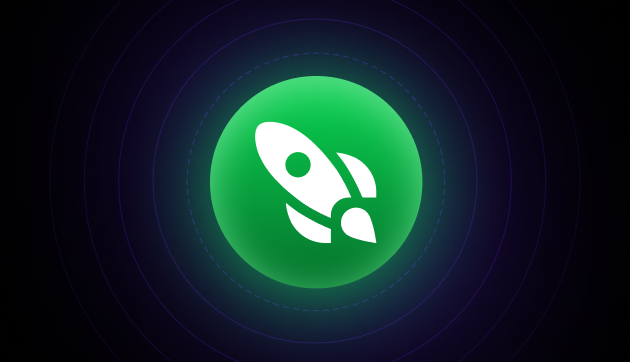


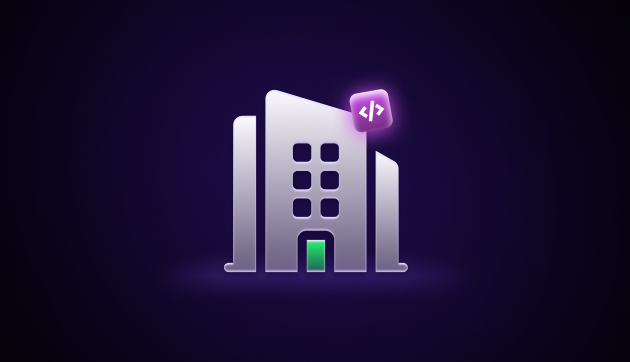
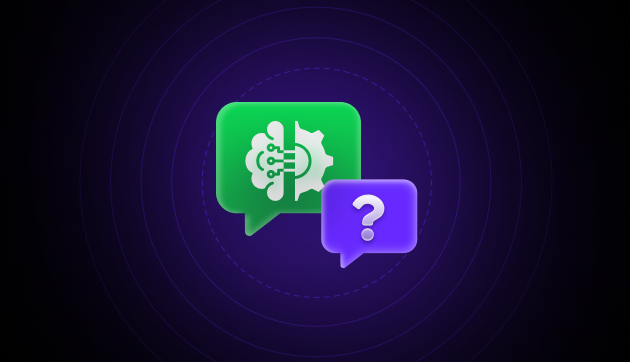

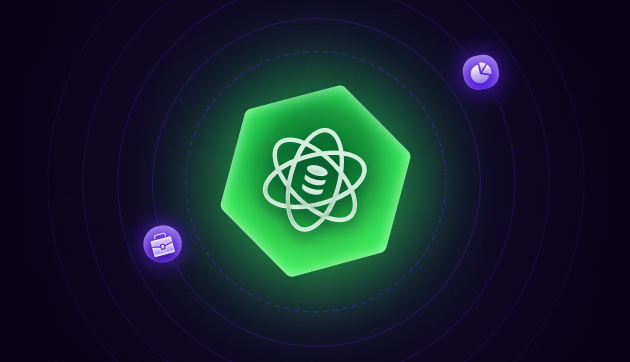
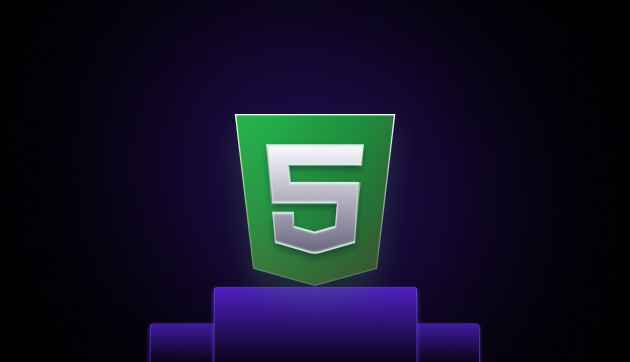

Did you enjoy this article?